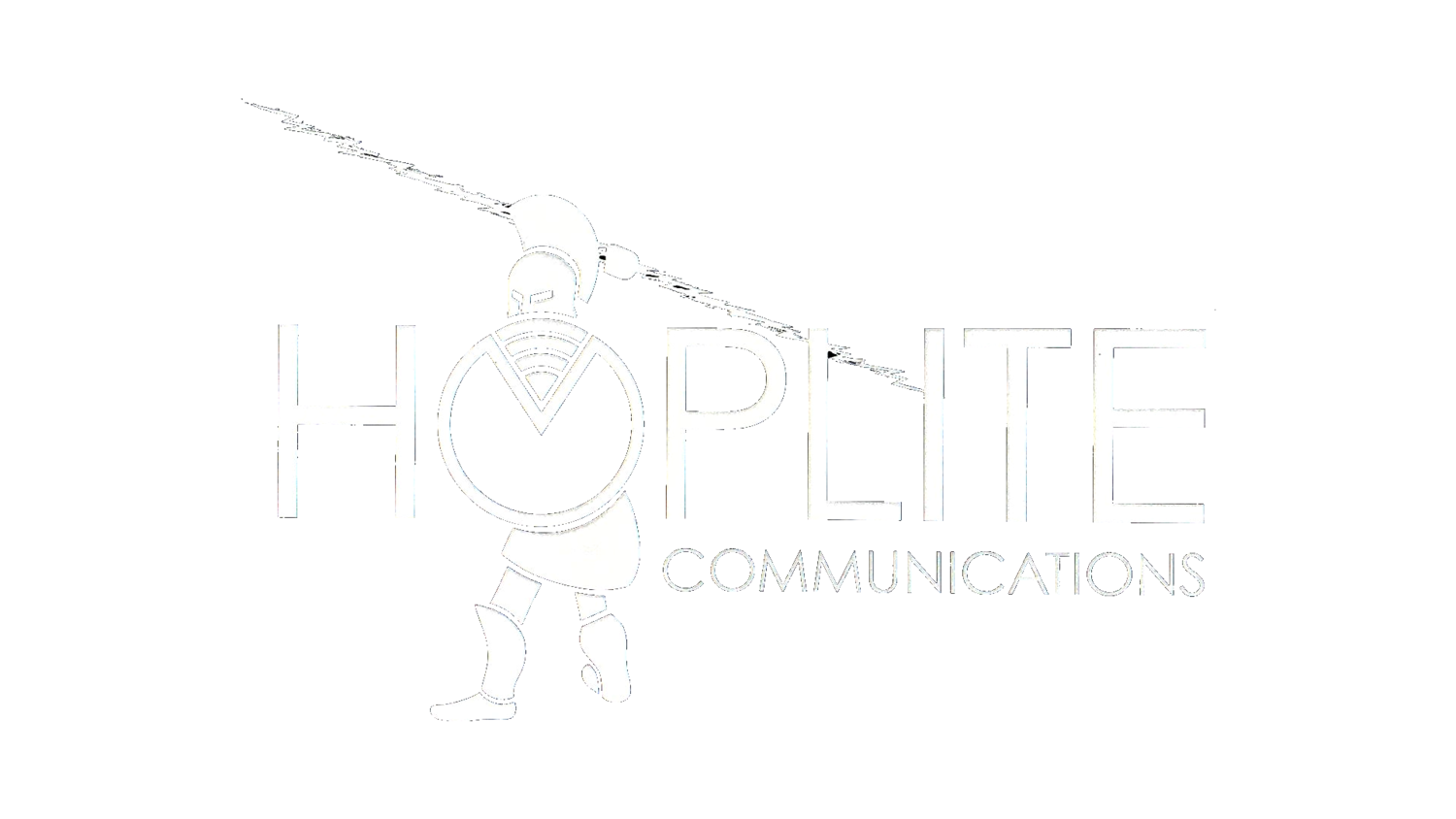The principal of Chevron Deference will be on trial in early 2024.
On January 17th, the U.S. Supreme Court will hear oral arguments for 2 cases: Loper Bright Enterprises vs. Raimondo, and Relentless Inc. vs. Department of Commerce
The Supreme Court will determine if the Secretary of Commerce, in ostensibly following the Magnuson-Stevens Fishery Conservation and Management Act, has the statutory authority to require commercial fishers to foot the bill for onboard observers for some fishing voyages. The plaintiffs claim the Commerce Department exceeded its legal authority. It all comes down to how much deference the court should give the agency’s interpretation of the act.
Since 1984, Chevron Deference generally affords administrative agencies the benefit of the doubt, with lots of finer points and exceptions accrued over time. But, that being the general rule.
However, if the highest court in the land sides with the commercial fishermen, then it would have a knock on effect to all federal agencies empowered with reasonably interpreting and enacting the specifics of laws passed by Congress.
Take, for example, the 2018 FCC Small Cell Order which preempts for the most part a local jurisdiction's authority to manage its own public ways when it comes to 5G deployments. FCC orders like this could all be revisited, to the benefit of towns and the detriment of wireless carriers.
A lot remains to be seen, but it is one of the compelling trajectories which will unfold in 2024, leading to a potentially altered legal and regulatory landscape in the end.
The arguments will be made to a Supreme Court that leans heavily conservative in makeup, making the likelihood that the broader question of the extent of an agency's power to interpret laws, specifically challenging the 'Chevron deference' established in 1984, will substantially evolve when all is said and done.
The underlying rationale for courts deferring to an administrative agency’s interpretation is due to the presumed expertise of the agency compared to judges and juries of the court system, which may have little or no knowledge of the subject and might risk doing great harm to the public good and rule of law by overly meddling in challenging technical subject matter.
The Magnuson-Stevens Act allows fishing plans to include observers that monitor the impacts of fishing on marine environment and ecosystems in regard to long term sustainability. What is unclear is who bears the cost of this monitoring. The Supreme Court’s decision could start a chain reaction across multiple industries.
Plaintiffs Loper Bright and Relentless Inc. object to a 2020 regulation requiring them to partially finance these observers, arguing it significantly impacts their profits. Lower courts sided with the National Marine Fisheries Service, a branch of the NOAA.
The Supreme Court, however, is likely to focus on the broader issue of Chevron deference, and whether to refine or override it. Chevron deference has been a cornerstone since 1984 for federal agency interpretation of statutory powers.
If Chevron deference is overturned in these cases, in whole or in part, it could signify a significant shift in administrative law, potentially restricting agency flexibility and affecting a wide range of issues from environmental protection to workplace safety and, of course, telecommunications, which has long been the purview of the FCC.
The outcome could hobble the FCC’s future ability to regulate the provision of telecommunications service, especially in regard to the land use aspects.
While it is unlikely that the current cases will have much effect on spectrum auctions and personal device safety standards, the preemption of the FCC over local zoning powers has caused the most push back, the most furor, among the roughly 20,000 municipalities across the US.



